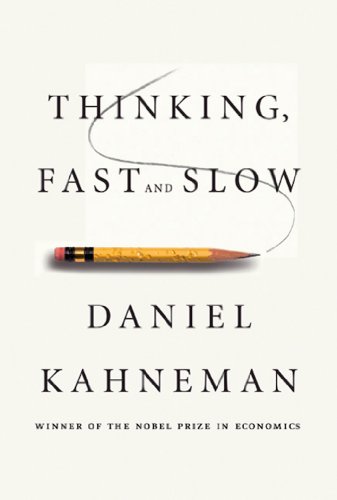

This article is an excerpt from the Shortform summary of "Thinking, Fast and Slow" by Daniel Kahneman. Shortform has the world's best summaries of books you should be reading.
Like this article? Sign up for a free trial here .
What is the endowment effect? Am I affected by it? How does it function in my everyday life?
The endowment effect is the theory that people keep an object and value it more highly once they own it. In essence, the endowment effect causes people to overvalue their belongings.
We’ll look at three examples of the endowment effect and how you’re susceptible to it.
Indifference Curves and the Endowment Effect
Basic theory suggests that people have indifference curves when relating two dimensions, like salary and number of vacation days. Say that you value one day’s salary at about the same as one vacation day.
Theoretically, you should be willing to trade for any other portion of the indifference curve at any time. So when at the end of the year, your boss says you’re getting a raise, and you have the choice of 5 extra days of vacation or a salary raise equivalent to 5 days of salary, you see them as pretty equivalent.
But say you get presented with another scenario. Your boss presents a new compensation package, saying that you can get 5 extra days of vacation per year, but then have to take a cut of salary equivalent to 5 days of pay. How would you feel about this?
Likely, the feeling of loss aversion kicked in. Even though theoretically you were on your indifference curve, exchanging 5 days of pay for 5 vacation days, you didn’t see this as an immediate exchange.
How the Endowment Effect Works
As with prospect theory, the idea of indifference curves ignores the reference point at which you start. In general, people have inertia to change.
They call this the endowment effect. Before you have something, you might have a certain indifference curve. But once you get it, a new reference point is set, and from this point loss aversion sets in—the utility of a gain is less than a corresponding loss.
Endowment Effect Examples
Here are a few endowment effect examples of when people overvalue things once they own it:
- Sometimes you’re only willing to sell something for higher than you can buy it on the market (like a collector’s item).
- Famous experiment: half of the subjects were given mugs and were asked to quote prices to sell their mug; the other half, who were not given mugs, were asked to bid for the cups. The buyers had an average bid of $2.87; the cup owners quoted $7.12, over double the buyers’ bid! Note that the cup owners had just received their cups a few minutes earlier.
- Notably, a third group (Choosers) could either receive a mug or a sum of money, and they indicated that receiving $3.12 was as desirable an option as receiving the mug. It’s important to note that the mug owners had been given an essentially identical choice: they were either going to leave with the mug or with the money someone paid for it. But because they already possessed the mug, they vastly embellished their ask.
- Owners who buy a house at higher prices spend longer trying to sell their home and set a higher listing price – even though the current market value is rationally all that matters.
Endowment Effect Exceptions
The endowment effect doesn’t occur in all cases – people are willing to exchange $5 for five $1 bills, and furniture vendors are happy to exchange a table for money. When the asset under question is held for exchange, the endowment effect doesn’t apply.
You only feel endowed with items that are planned for consumption or use, like a bottle of wine or vacation days. With these items, you’re more susceptible to the endowment effect.
As with prospect theory and loss aversion, experienced financial traders show less attachment to the endowment effect.
In another reframing of loss aversion, we are biased toward keeping the status quo. Two effects are at play here: 1) the endowment effect exaggerates the value of what you have, warping your prior indifference curve, and 2) loss aversion makes you hesitant to take on risky bets, since losses are more painful than gains.
———End of Preview———

Like what you just read? Read the rest of the world's best summary of "Thinking, Fast and Slow" at Shortform . Learn the book's critical concepts in 20 minutes or less .
Here's what you'll find in our full Thinking, Fast and Slow summary :
- Why we get easily fooled when we're stressed and preoccupied
- Why we tend to overestimate the likelihood of good things happening (like the lottery)
- How to protect yourself from making bad decisions and from scam artists






